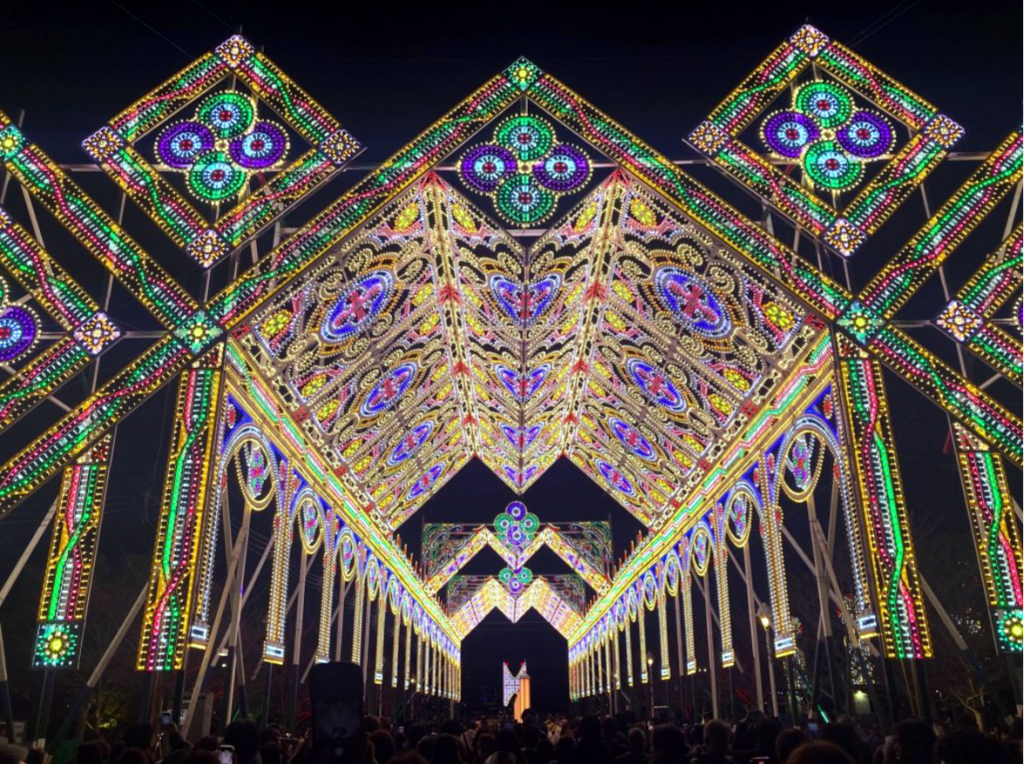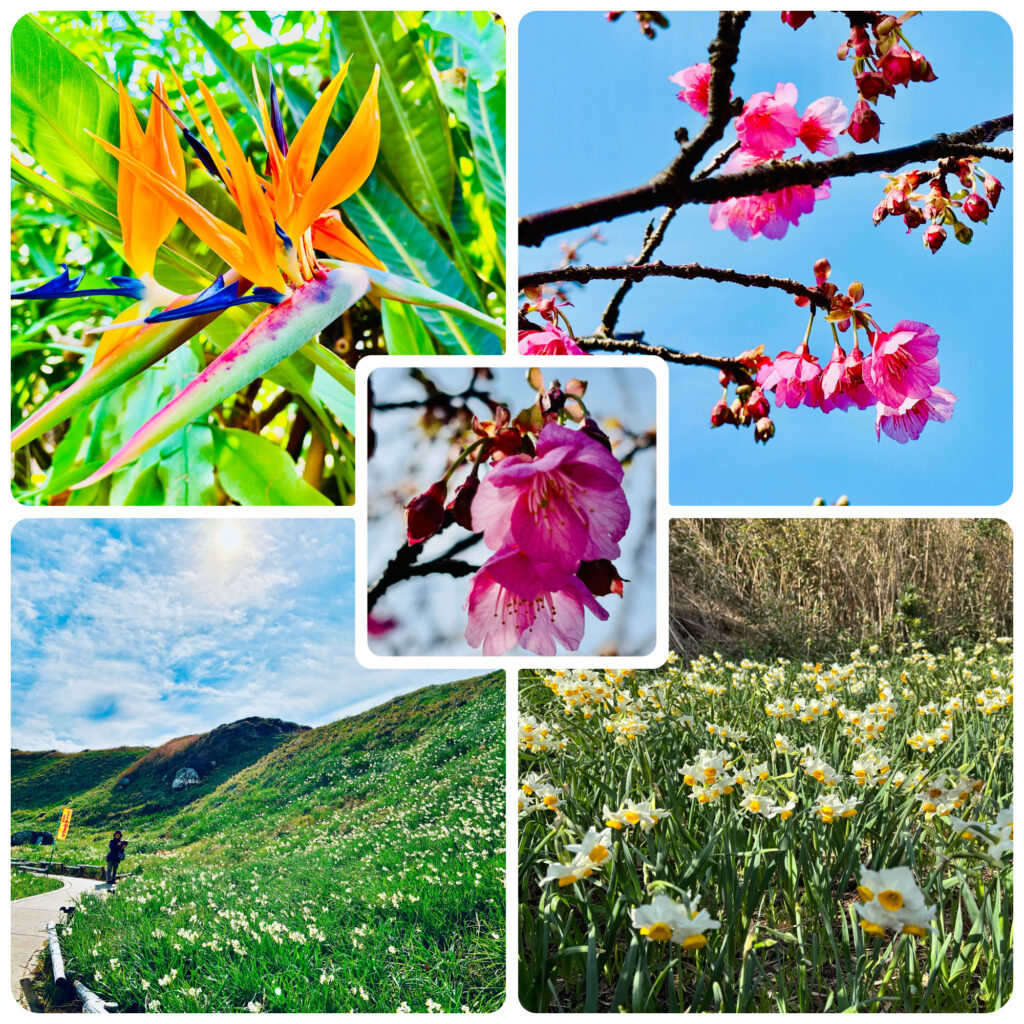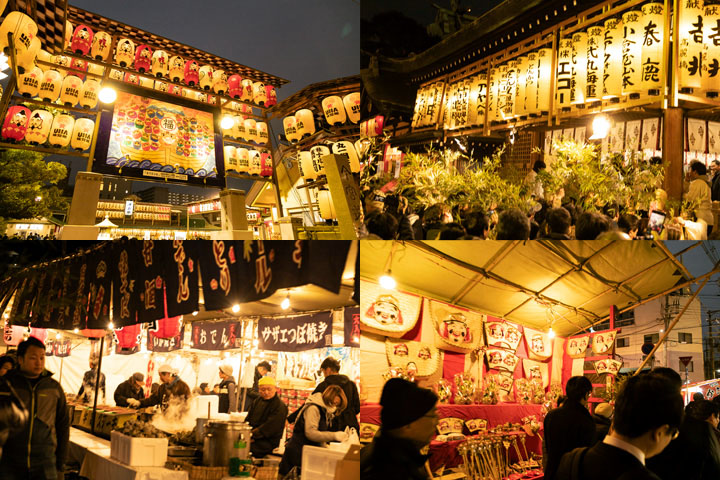
今日1月24日から2月2日まで、第30回神戸ルミナリエが開催されます。
神戸ルミナリエは、1995年に発生した阪神・淡路大震災をきっかけに始まったイルミネーションイベントです。震災からの復興と追悼を目的に、その年の12月に初めて実施されました。以来、毎年開催されて、神戸市の冬の風物詩として定着しています。ただ、2020年から2022年まで新型コロナウイルス感染症(COVID-19)の影響で中止され、再開された2024年からは1月開催に変更されました。
ルミナリエはイタリア語で「光の祭典」を意味し、イタリアの照明作家によるデザインで構成されています。数百万個の電球が織りなす壮麗な光のアートは、多くの人々の心を温め、希望の象徴として親しまれています。
開催地は、東遊園地、旧外国人居留地、メリケンパークの三か所で、それぞれ異なるテーマやデザインのイルミネーションが飾られます。特に、メリケンパークでは有料の特別鑑賞エリアが設けられており、落ち着いて美しい光のアートを楽しむことができます。
神戸ルミナリエは、震災の記憶を後世に語り継ぎ、人々に寄り添いながら未来への希望を灯し続ける意義があります。季節の風物詩としてだけではなく、震災の教訓と復興の象徴として、多くの人々に支持されているイベントです。
Kobe Luminarie is an illumination event that began in response to the Great Hanshin-Awaji Earthquake in 1995. It was first held in December of that year, serving the dual purpose of commemorating the disaster and fostering hope for reconstruction. Since then, it has been held annually, becoming a beloved winter tradition in Kobe City.
The word “Luminarie” means “festival of lights” in Italian, and the designs are created by Italian lighting artists. The magnificent light art formed by millions of bulbs warms the hearts of many and is cherished as a symbol of hope.
The event takes place in three locations: Higashi Yuenchi, the Former Foreign Settlement, and Meriken Park. Each site features different themes and designs of illumination. Notably, Meriken Park has a special paid viewing area where visitors can enjoy the beautiful light displays in a more relaxed setting.
Kobe Luminarie holds significant importance as it continues to pass down the memory of the earthquake to future generations, providing comfort and lighting the way for a hopeful future. It is not only a seasonal tradition but also an event supported by many people as a symbol of the lessons learned from the disaster and the spirit of reconstruction.


